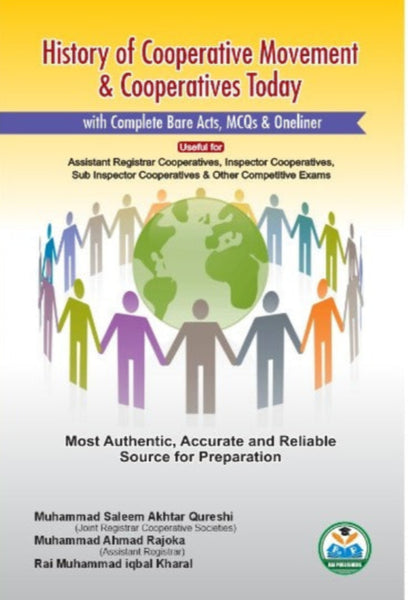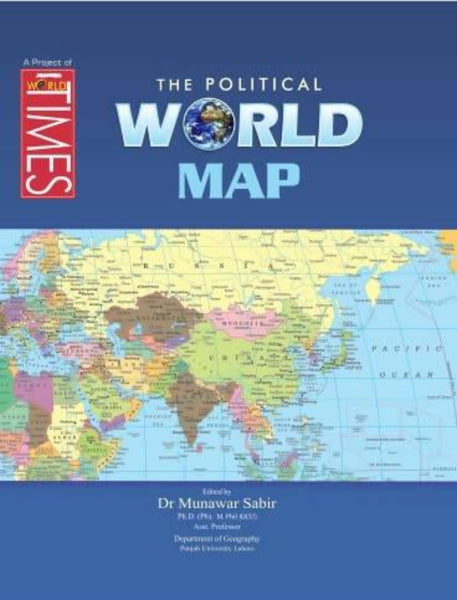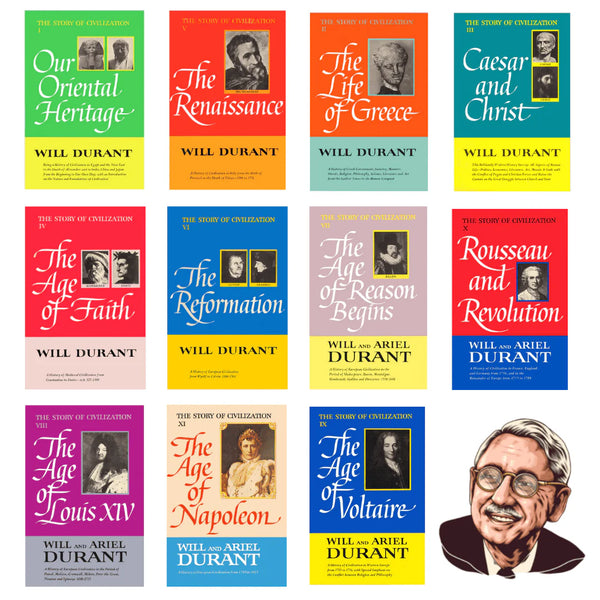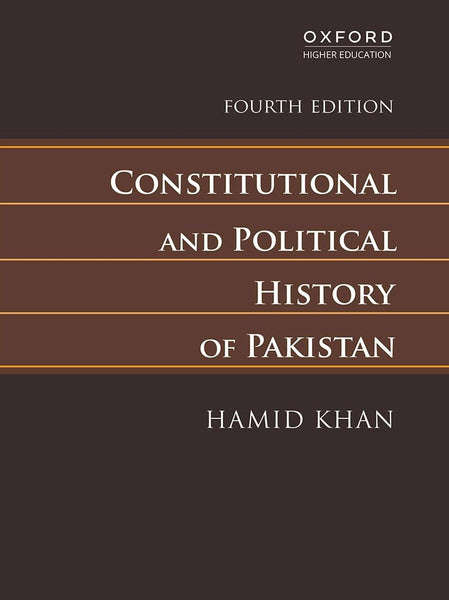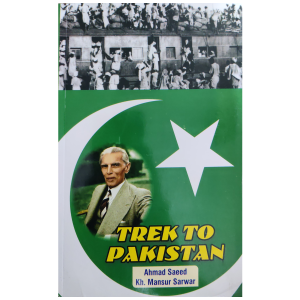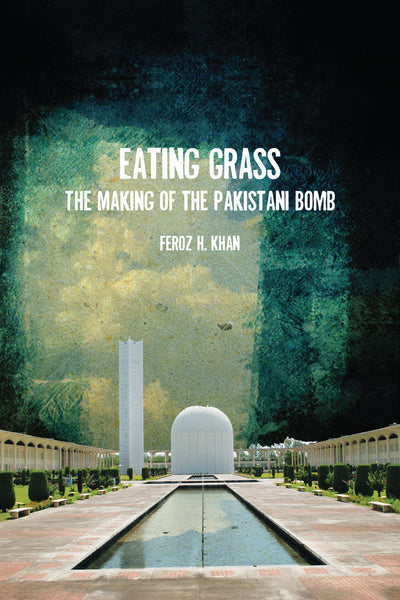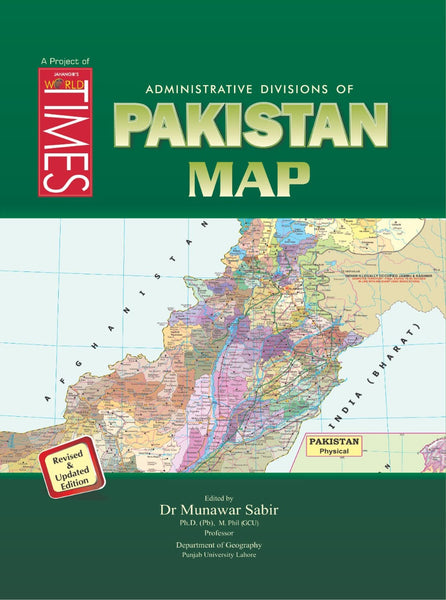The Last Days Of United Pakistan by G.W. Choudhury (Author)
- Publisher: HISTORY
- Availability: In Stock
- SKU: 40651
- Number of Pages: 240
Rs.900.00
Rs.1,195.00
Tags: addressing historical grievances , analyzing foreign intervention , best books , Best Selling Books , civil rights movements , complexities of national identity , documentation of historical events , documenting cultural heritage , economic factors in political instability , enduring legacies of partition , ethnic tensions , examining the cultural diversity of Pakistan. , examining the refugee crisis , exploration of governance , exploration of grassroots movements , exploring the role of civil society , G.W. Choudhury , good books , historical analysis , historical context of the 1971 conflict , historical memory and its impact , impact of leadership decisions , implications of colonial legacy , insights into the fall of East Pakistan , international relations during crisis , lessons from history , narratives of loss and separation , narratives of reconciliation , personal accounts and testimonies , political miscalculations , political parties and their influence , reflections on democracy and governance , reflections on identity and culture , reflections on unity and division , role of education in societal change , role of media in shaping public opinion , societal challenges , societal fragmentation , sociopolitical landscape of the time , the aftermath of civil war , the historical significance of the event , the importance of dialogue , The Last Days of United Pakistan , the partition of India , the role of military in politics , the significance of Bengali nationalism , themes of hope and despair , themes of migration and displacement , themes of nationalism , themes of resilience , themes of social justice , understanding conflict resolution , understanding the dynamics of power
The Last Days of United Pakistan by G.W. Choudhury offers a compelling analysis of the final years leading up to the partition of Pakistan in 1971. Choudhury, drawing on firsthand experience and extensive research, examines the political, social, and economic factors that contributed to the disintegration of East and West Pakistan. The book explores the growing tensions between the two regions, fueled by issues of governance, language, and resource allocation. Through detailed accounts and critical insights, Choudhury highlights the role of key political figures, the impact of the 1970 general elections, and the subsequent civil unrest that ultimately led to the creation of Bangladesh. This work serves as both a historical record and a reflection on the complexities of national identity and unity in Pakistan.
Keypoints:
-
Political Landscape: The book provides an overview of the political dynamics between East and West Pakistan, emphasizing the challenges of representation and governance.
-
Cultural Differences: Choudhury discusses the cultural and linguistic disparities that exacerbated tensions, illustrating how these differences impacted national unity.
-
Economic Disparities: The author highlights economic inequalities between the two regions, detailing how resource distribution became a major point of contention.
-
1970 General Elections: The significance of the first general elections in Pakistan is examined, showcasing how electoral outcomes heightened regional tensions.
-
Civil Unrest: The narrative delves into the civil unrest and protests in East Pakistan, capturing the growing frustrations that led to demands for autonomy.
Conclusion: The Last Days of United Pakistan by G.W. Choudhury is a profound exploration of the factors that led to the division of Pakistan and the emergence of Bangladesh. Through meticulous research and insightful analysis, Choudhury sheds light on a critical period in South Asian history, making this book essential for understanding the complexities of nationalism, identity, and the political landscape of Pakistan. Its thorough examination of the events and conditions leading to partition offers valuable lessons for current and future generations.



